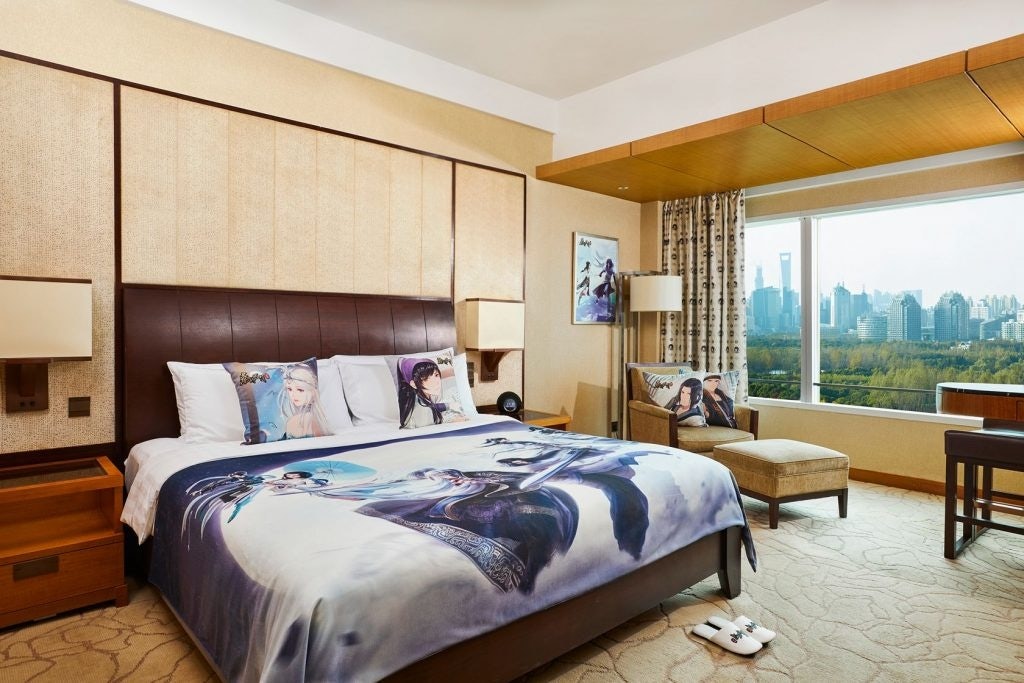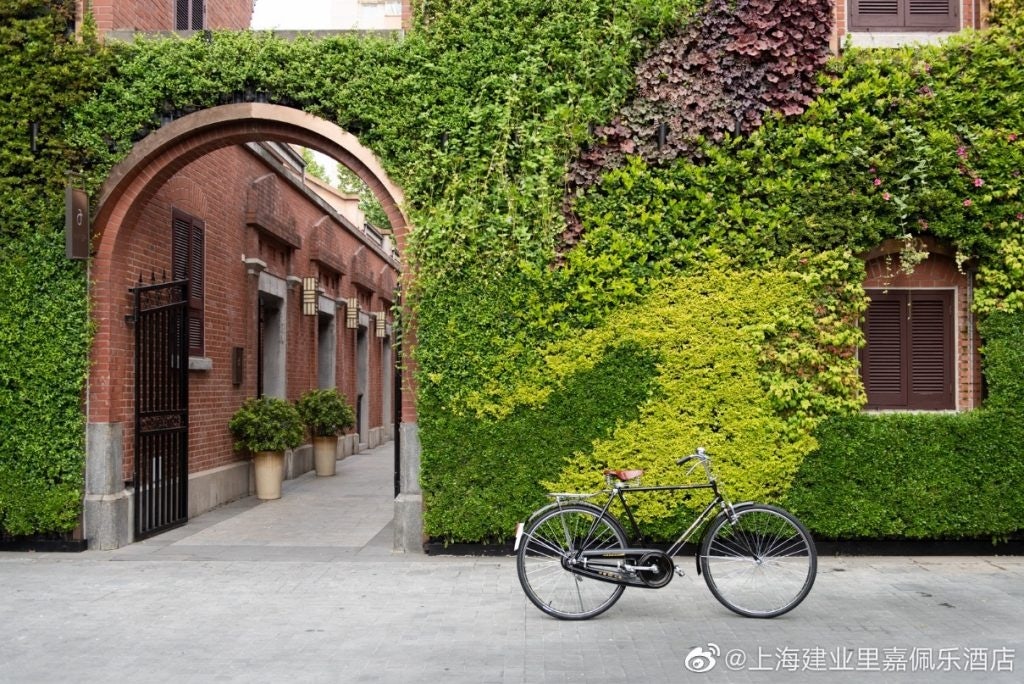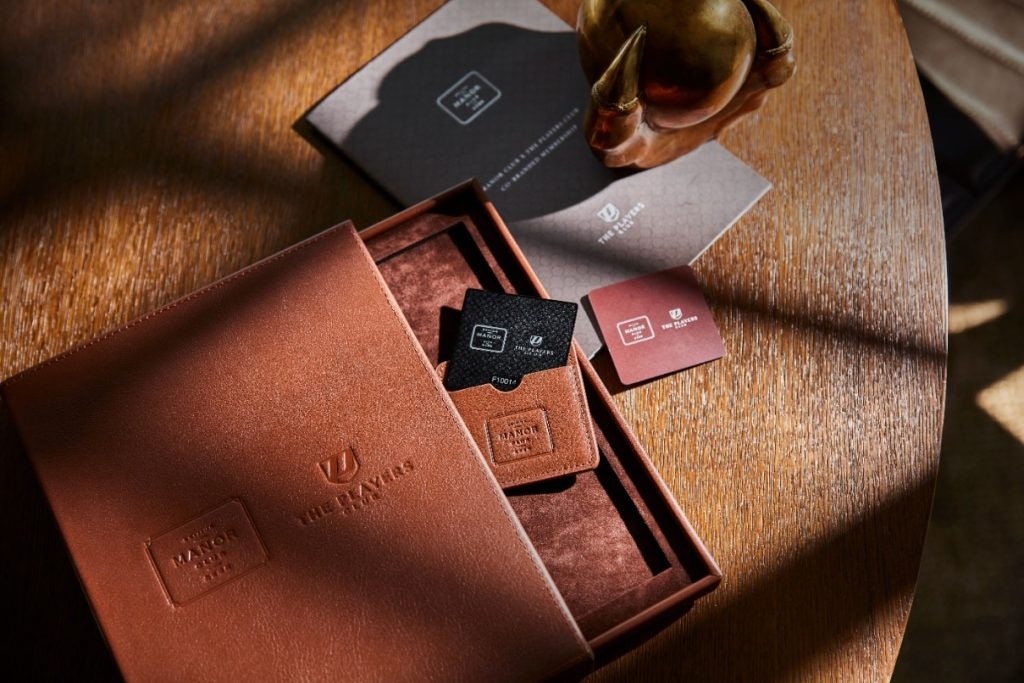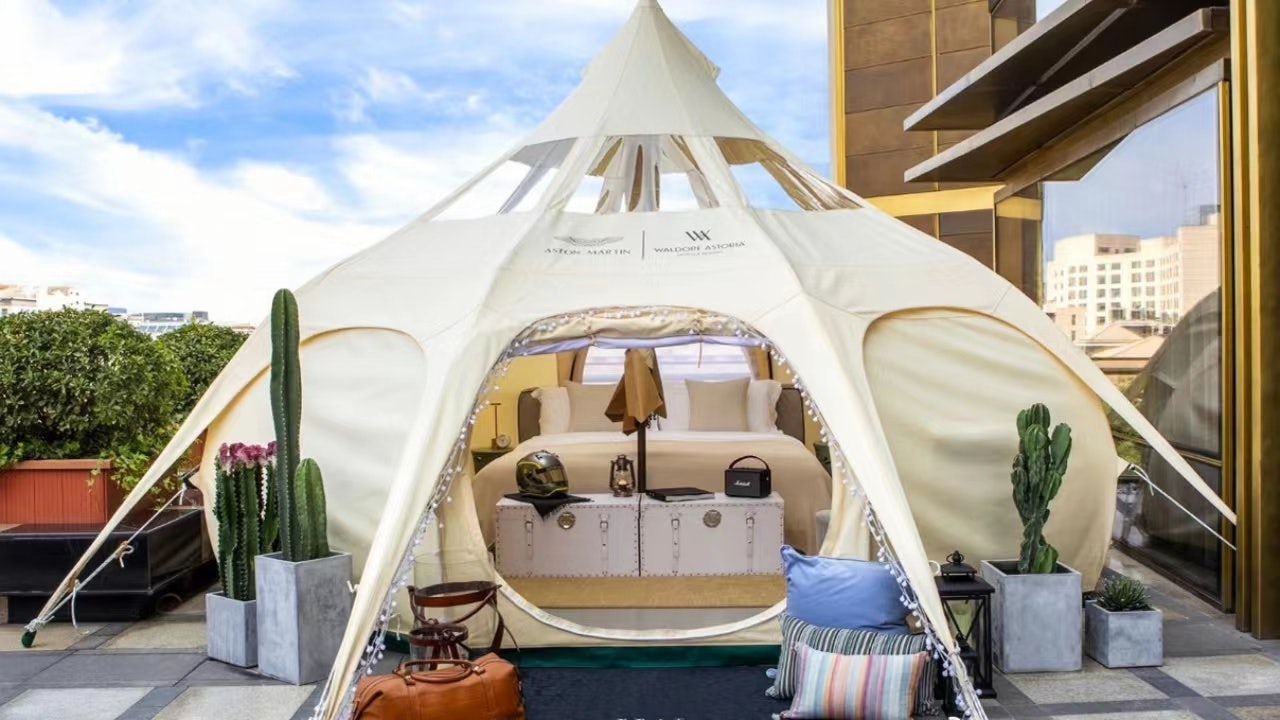Hospitality has been one of China’s most depressed sectors since COVID-19 hit. According to a 2021 report on the development of China's hotel industry, 2020 saw the closure of 59,000 hotels in the mainland. The country’s dynamic zero-COVID policy has made even domestic travel onerous, with different provinces and cities setting their own rules that often include a litany of tests and quarantine requirements.
Fashion and travel influencer Will Wang has witnessed the impact firsthand. “The hotel industry fell into a ‘self-help craze’ when the pandemic started to get worse in 2020,” he tells Jing Daily. “Even some of the premium hotels began to offer super affordable presale vouchers and sell these vouchers via livestreaming. Then there was a turning point as domestic travel recovered in 2021.”
This rebound was obvious in popular destinations like Hainan’s Sanya, “where hotel revenues even surpassed those before the pandemic,” he adds. In 2021 and early 2022, luxury brands scrambled to launch permanent stores at duty-free shopping malls and unveil pop-up shops in Hainan. Dior’s pop-up “Dior Vibe” at Sanya’s The Edition hotel was the most prominent, driving significant traffic on the ground.
However, as unexpected lockdowns can now happen anywhere in China, brands, hotels, and tourists have become more cautious. Three years on from the start of the pandemic, Chinese tourists’ “travel freedom” seems to be an illusion. How can hotel brands operating there navigate this new normal?
Themed staycations#
During the seven-day Golden Week holiday, short-haul vacations accounted for 65 percent of orders on online travel platforms while travel spending per person by local tourists (or those from surrounding areas) increased by nearly 30 percent year-on-year, according to online travel agency Trip.com. Meanwhile, an increasing number of tourists are seeing hotels as “destinations” rather than mere accommodation. They expect a one-stop vacation spot that can entertain them without having to leave the hotel. As the popularity of staycations surges in China, such playful experiences have become significant to clients.
As a Trip.com report shows, as of September 2022, stays that came with activities like esports and camping recorded a year-on-year increase of 50 percent and 10 percent, respectively. Early adopters like Shangri-La Group announced their esports-themed hotel rooms in partnership with Tencent Games and Tencent Esports in June 2021. The first hotels to feature these include the Kerry Hotel in Beijing and Shanghai Pudong District, as well as the Shangri-La hotel in Xi’an, Chengdu, and Haikou. In addition to integrating game-related designs and decorations into the room, the hotels rolled out a series of online and offline events and offered incentives such as complimentary virtual gifts in games.

In 2020, Waldorf Astoria Beijing and Aston Martin teamed up to launch the “Urban Glamping Plan” — offering guests unique camping experiences in the city. The campaign was upgraded in 2021 with the unveiling of South Africa-themed glamping suites, which feature furnishings that are both homely and striking. Clienteles could also enjoy a deluxe in-room South African dinner.
In-depth local culture tours#
When the scope of travel is limited, the potential of each trip is worth exploring to its fullest, and many residents prefer hotels that allow them to immerse themselves in the local culture. Sun Nan from Shanghai is a fan of luxury weekend staycations: “For trips to surrounding areas, I prefer to get closer to nature and experience local customs. So hotels that allow me to explore domestic culture are appealing to me.”

Given this growing demand, leading hotels have leveraged their geographical advantages to introduce in-depth cultural tours. Capella Shanghai, for example, recruits Shanghai culture and history experts to offer guests a variety of tailored experiences such as city cycling tours and tastings in boutique restaurants. Similarly, the JW Marriott Hotel in Shanghai at Tomorrow Square, located near a number of cultural and historic sites, has collaborated with the Shanghai Museum Institute to launch its “Family by JW” campaign, featuring on-site historical lessons.
Multidimensional collaborations#
Though various brand collaborations have offered glimmers of hope for hotels in China, guests with plenty of free time and spending power still make up a small but coveted group. Rosewood Beijing appeals to local guests with its diverse dining options and state-of-the-art health and fitness facilities. The hotel’s executive lounge Manor Club teamed up with “The Players Club,” a 27-hole championship golf course and private club in Beijing, to launch a VIP card which allows holders to enjoy membership of both. On top of multiple exclusive offers from Rosewood Beijing, such as one year’s access to the Manor Club, one night’s stay in a deluxe room, access to Sense spa, and discounts at the hotel restaurants, cardholders can enjoy a one-year social membership to The Players Club.

The pandemic has given new impetus to the hospitality industry’s transformation and innovation in spite of the chaos of sudden lockdowns. During the Golden Week holiday in October, thanks to Beijing’s call for people to “stay in the city for the holiday,” vacationers flocked to its suburbs and caused the prices of local establishments to skyrocket. “Hotels capitalized on local short trips as a temporary measure to help the current challenges,” Wang explains.
Whether it's diversifying the staying experience or maximizing added value, China’s luxury hotels have certainly been getting creative. That said, some of these efforts do tend toward similitude. There is still huge room for improvement in terms of luxury hospitality groups catering to their sophisticated domestic customers — who expect an authentic, playful, and distinctive experience.
